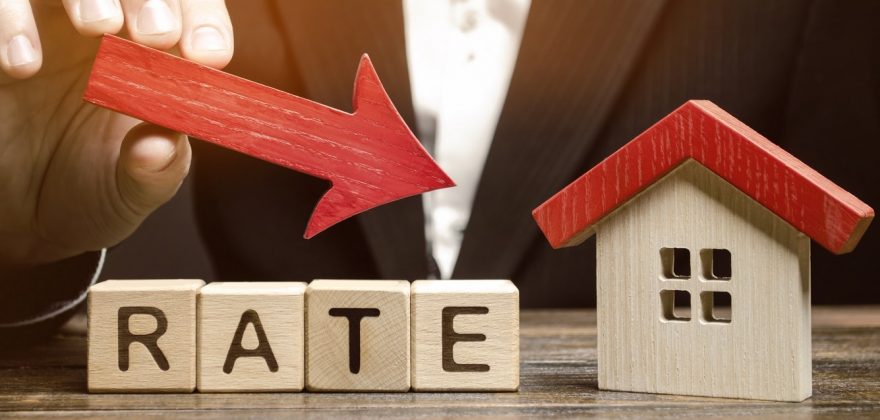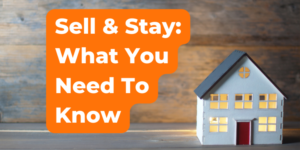In the ever-evolving landscape of real estate, understanding the financial mechanisms at play can be a game-changer for homebuyers. One such mechanism, often overlooked yet potentially powerful, is the interest rate buy down. This strategy can significantly impact a buyer’s monthly mortgage payments and the overall cost of a home. Let’s dive into what interest rate buy downs are, how they function, and their long-term benefits for homebuyers.
What is an Interest Rate Buy Down?
An interest rate buy down is a financial strategy used in the mortgage process to obtain a lower interest rate for a home loan. This is typically achieved by paying an upfront fee, known as “points,” at closing. One point usually costs 1% of the loan amount and can reduce the loan’s interest rate by a predetermined amount, usually 0.25%.
Types of Buy Downs
- Temporary Buy Downs: These reduce the interest rate and, consequently, the monthly payments for a specific initial period, usually the first few years of the mortgage. A common type is the “2-1 buy down,” where the rate is reduced by 2% in the first year and 1% in the second year, before settling at the original rate for the remainder of the loan.
- Permanent Buy Downs: In this case, the interest rate is reduced for the entire life of the loan, resulting in lower
monthly payments throughout the mortgage term.
How Interest Rate Buy Downs Function
The Process
- Buyer’s Decision: The homebuyer decides to purchase points to lower their mortgage interest rate.
- Upfront Payment: The buyer pays the cost of the points at closing. This is an additional cost to other closing fees.
- Reduced Interest Rate: The mortgage interest rate is reduced accordingly, leading to lower monthly payments.
Seller Contributions
In some real estate transactions, sellers may offer to pay for points as an incentive to attract buyers. This can be particularly effective in a buyer’s market or when the seller is motivated to sell quickly.
Long-Term Benefits for Homebuyers
1. Lower Monthly Payments
The most immediate benefit of an interest rate buy down is the reduction in monthly mortgage payments. This can make homeownership more affordable, especially in the early years of a mortgage for temporary buy downs.
2. Increased Affordability
By lowering monthly payments, buyers might be able to afford a more expensive home than they could have with a higher interest rate, broadening their housing options.
3. Long-Term Savings
For permanent buy downs, the total interest paid over the life of the loan can be significantly reduced, leading to substantial long-term savings.
4. Budgeting and Planning
Lower and predictable monthly payments can aid in budgeting and financial planning, providing a more stable and manageable financial outlook for homeowners.
5. Tax Implications
The points paid for an interest rate buy down may be tax-deductible, providing additional financial benefits (though it’s important to consult with a tax professional for specific advice).
Considerations for Homebuyers
- Break-Even Analysis: Buyers should calculate how long it will take to recoup the upfront cost of buying down the rate through their monthly savings. This is crucial in determining if the buy down is a financially sound decision,
especially if they plan to stay in the home for a limited number of years.
- Market Conditions: Interest rate buy downs are more beneficial in certain market conditions. When interest rates are high, buying down the rate can lead to significant savings.
- Loan Type: The type of mortgage can affect the benefit of a buy down. Fixed-rate mortgages offer consistent savings over time, while the impact on adjustable-rate mortgages may vary.
- Personal Financial Situation: Each buyer’s financial situation is unique. Factors like cash on hand for upfront costs, long-term financial stability, and other investment opportunities should be considered.
A Strategic Tool for Homebuyers
Interest rate buy downs can be a powerful tool in the home-buying process, offering both immediate and long-term financial benefits. By understanding how they work and carefully considering their financial situation, homebuyers can leverage buy downs to reduce their monthly payments, increase affordability, and save money over the life of their mortgage. As with any financial decision, it’s important to weigh the pros and cons and, if necessary, consult with a financial advisor to determine if an interest rate buy down is the right strategy for your home purchase.
Stay tuned to our blog for more insights into making smart home-buying decisions. Whether you’re a first-time buyer or a seasoned homeowner, we’re here to provide you with the knowledge and tools you need to navigate the real estate market confidently.




